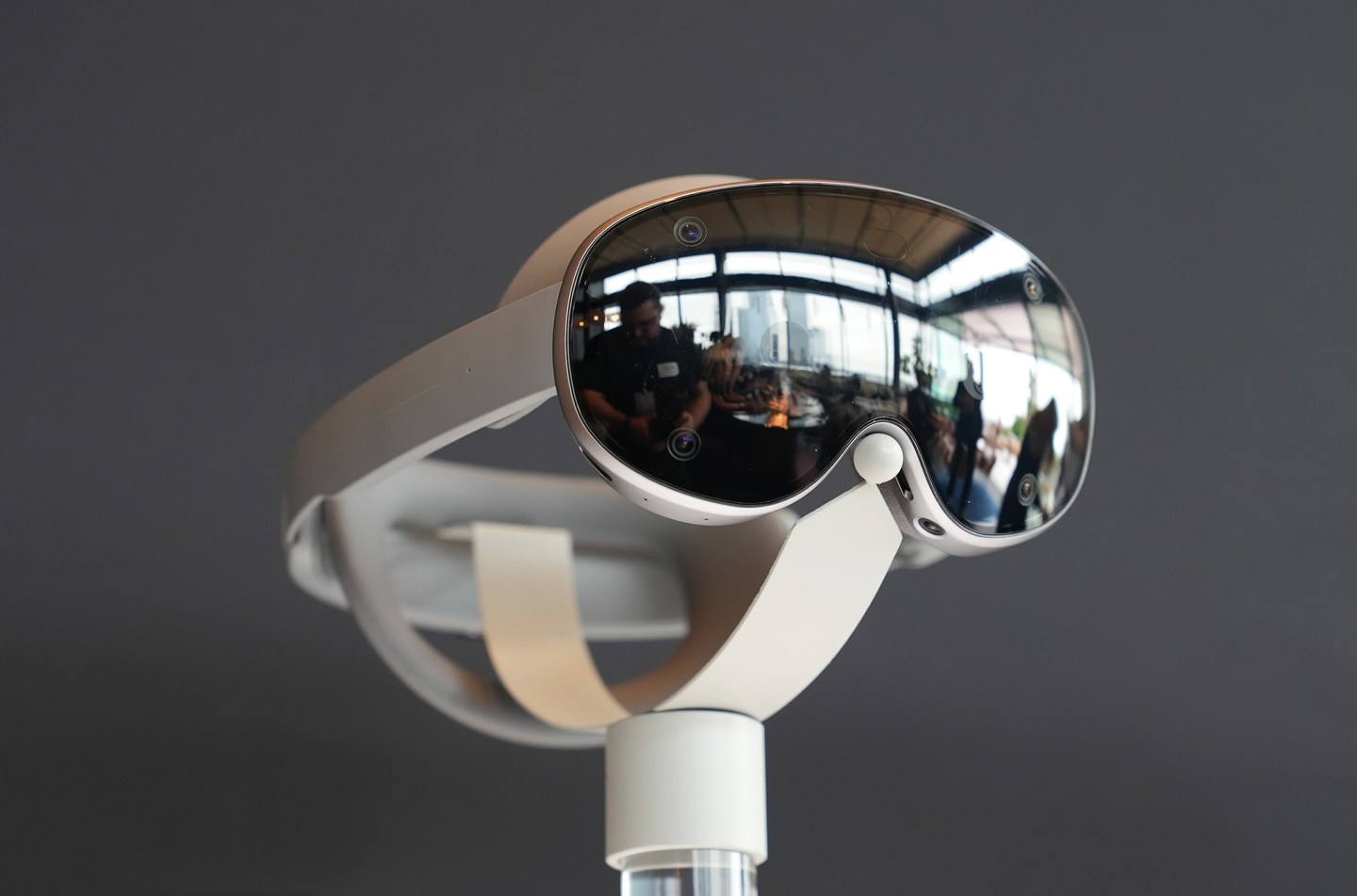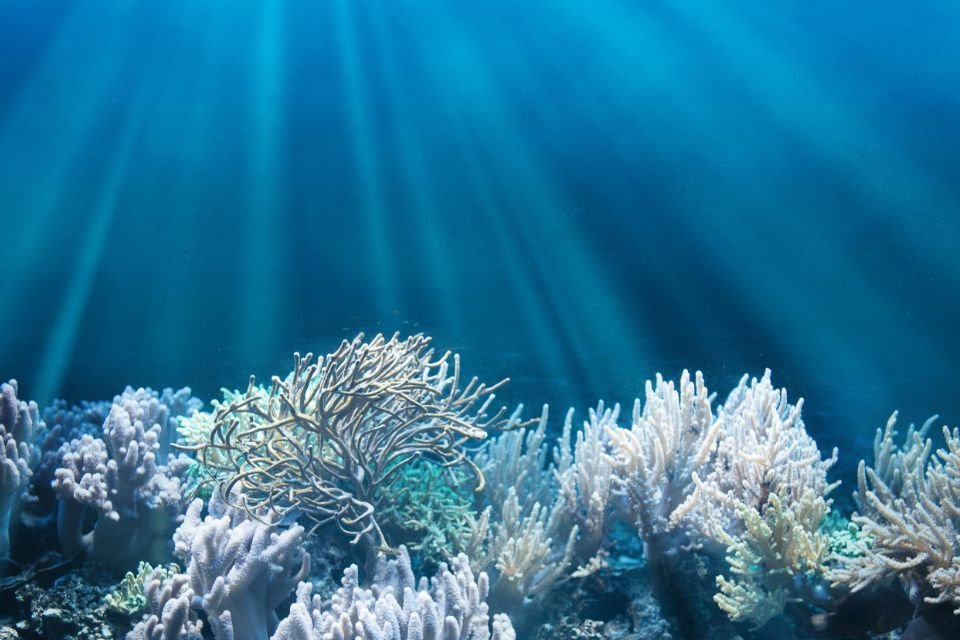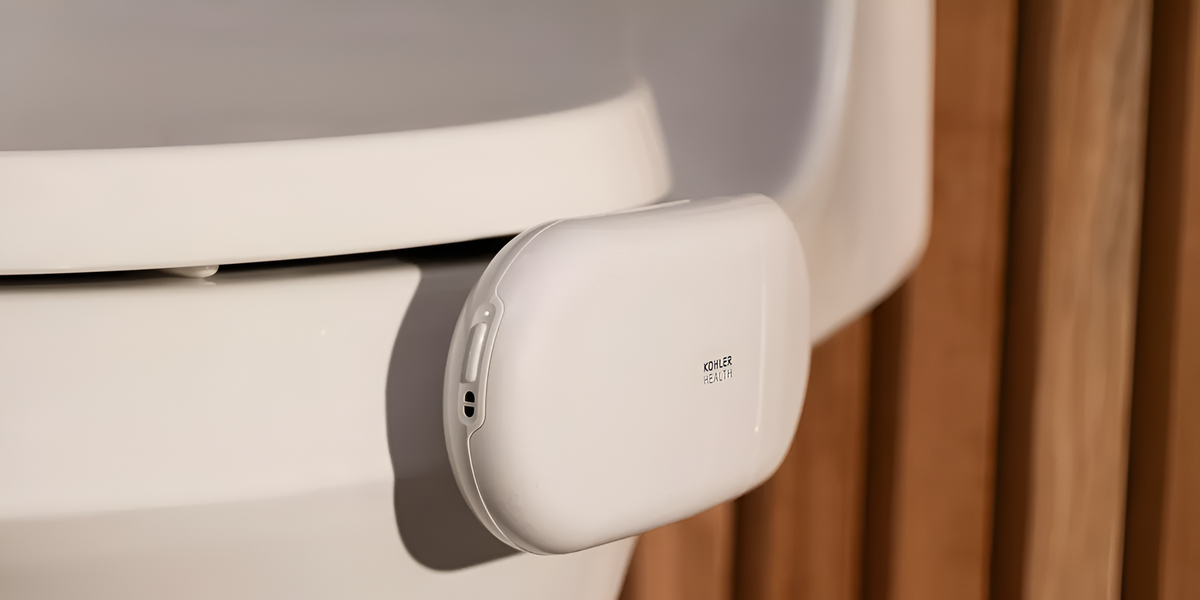You’ve probably heard the argument that we study space more than our oceans. This is partially true. Recently, a team of aquanauts from the nonprofit Schmidt Ocean Institute foundation, discovery of a new ecosystem below the seabed; a system of nature that scientists had not observed until then.
The team used an underwater robot, controlled by experts aboard a ship in the area, on the ocean floor to collect data under the volcanic crust deep in the Pacific. During the research, they found ‘subterranean fluid veins’ with a specific life formation that man had never observed before.
Researchers under the hot springs at the bottom of the Pacific Ocean discovered an ecosystem rich in worms, snails and chemosynthetic bacteria — such bacteria depend only on minerals, not sunlight, for energy. Hydrothermal vents were only discovered in the 1970s, so scientists believe understanding of animal life in these vents has expanded significantly since the new discovery in the Pacific.
“We’ve known for a long time that there are animals that live on land, in underground cavities and in the ocean, in sand and mud, but this is the first time scientists have searched for animals under hydrothermal vents. The Institute’s Executive Director, Jyotika Virmani, said: “The new ecosystem hidden beneath another ecosystem shows that life exists in wonderful places. “It provides new evidence.”
brand new ecosystem
According to scientists, Tube worms are one of the fascinating life forms discovered at the bottom of the sea, beings that appear to be traveling in volcanic fluids below the surface. To contain, Researchers believe this is why the worm is not easily observed on the ocean surface..
Aquanauts used a remotely operated tool known as SuBastian to survey the area and collect more data. After ‘Clean’ A region in the eastern Pacific at a depth of about 2,500 meters, researchers found that animals recolonized the site. Life forms probably came from cracks in the deep sea.
“The discoveries made on each of the Schmidt Ocean Institute expeditions reinforce the urgency of fully exploring our ocean so we can learn about what’s under the sea. The discovery of new life, landscapes, and now a whole new ecosystem, is what we still need to discover and don’t know about our ocean,” said Schmidt Ocean Institute President. “It underlines how important it is to protect what we don’t understand, or what we don’t understand.” and Co-Founder, Wendy Schmidt.
Did you like the content? So keep up to date with the latest scientific discoveries on TecMundo!
Source: Tec Mundo
I’m Blaine Morgan, an experienced journalist and writer with over 8 years of experience in the tech industry. My expertise lies in writing about technology news and trends, covering everything from cutting-edge gadgets to emerging software developments. I’ve written for several leading publications including Gadget Onus where I am an author.












